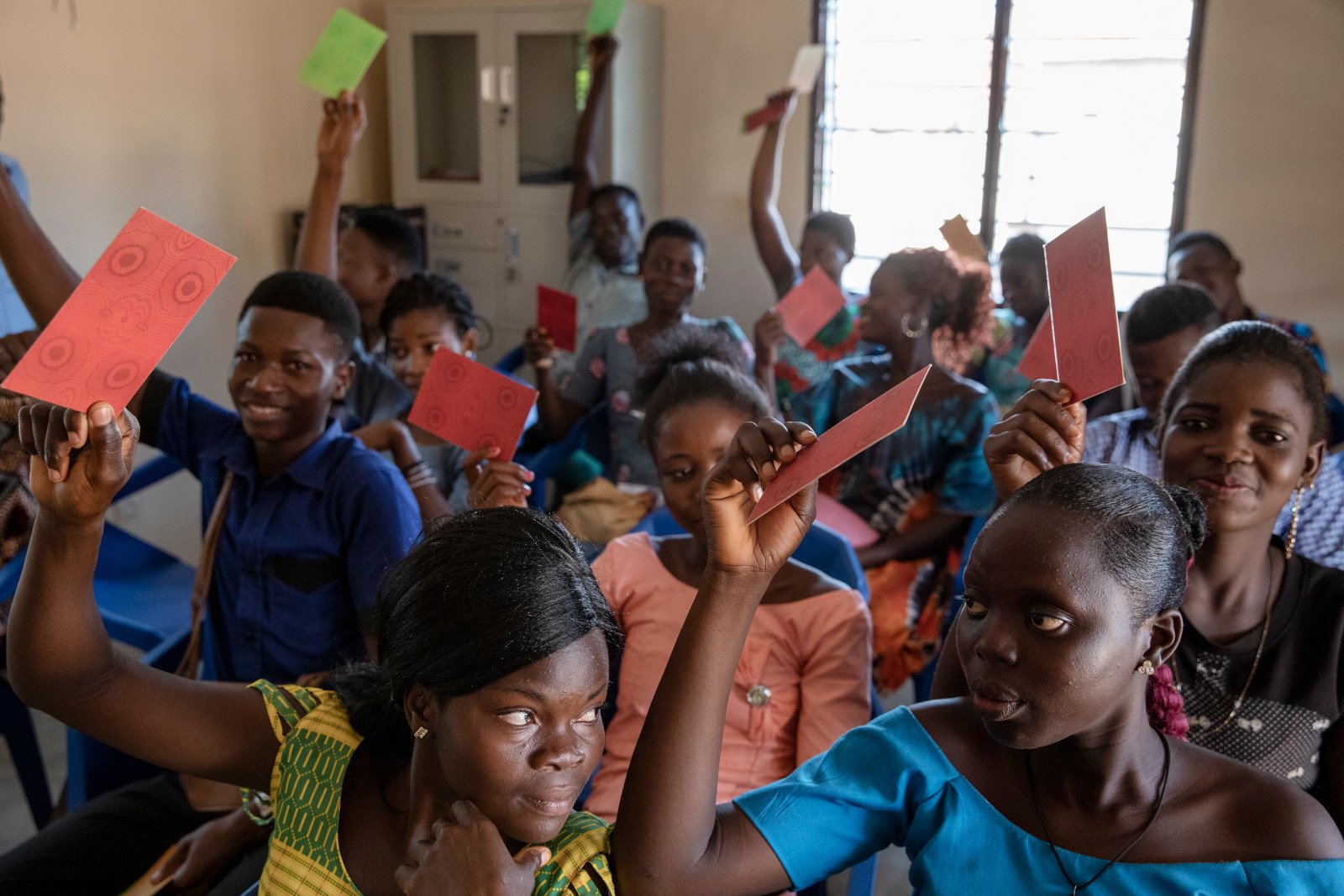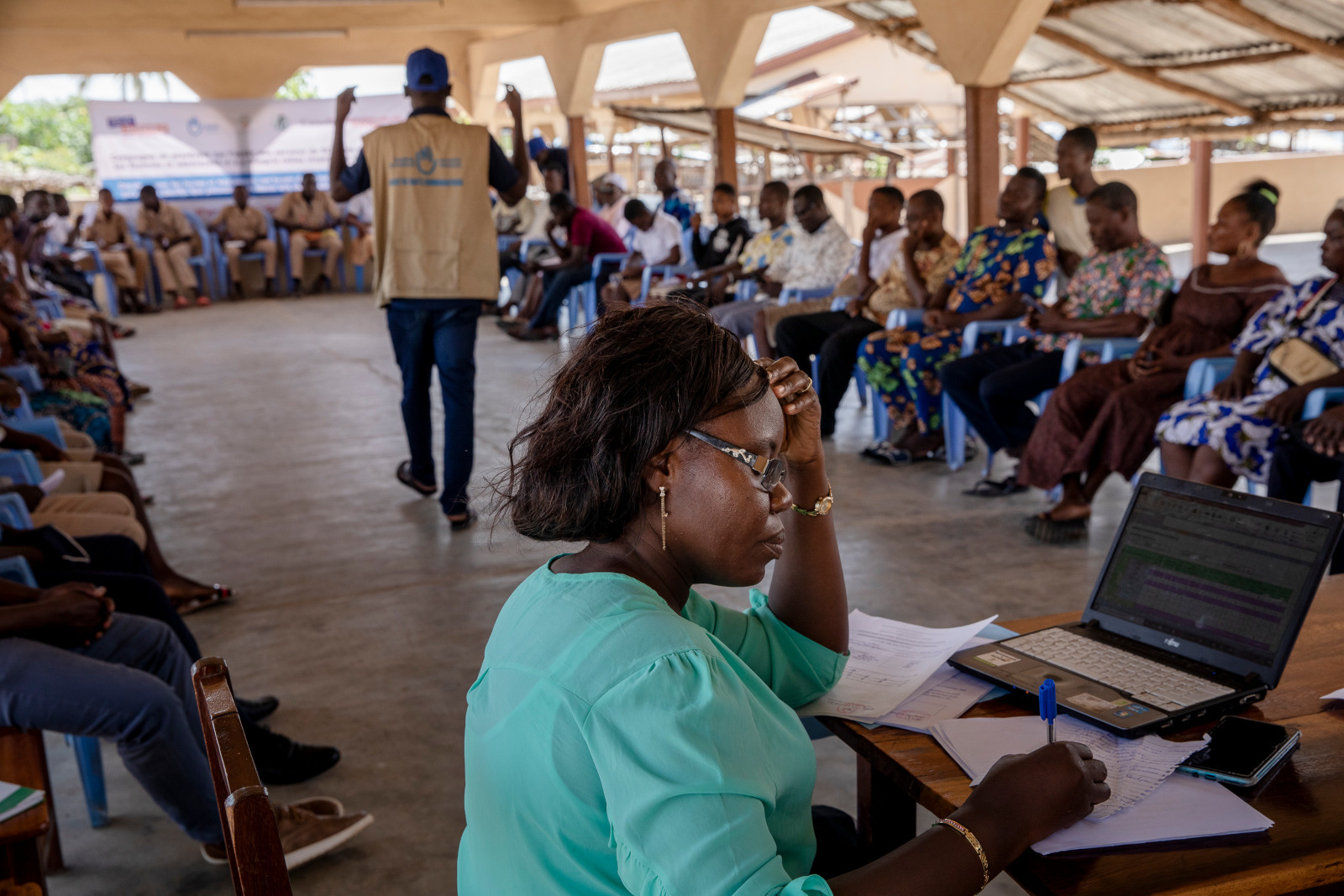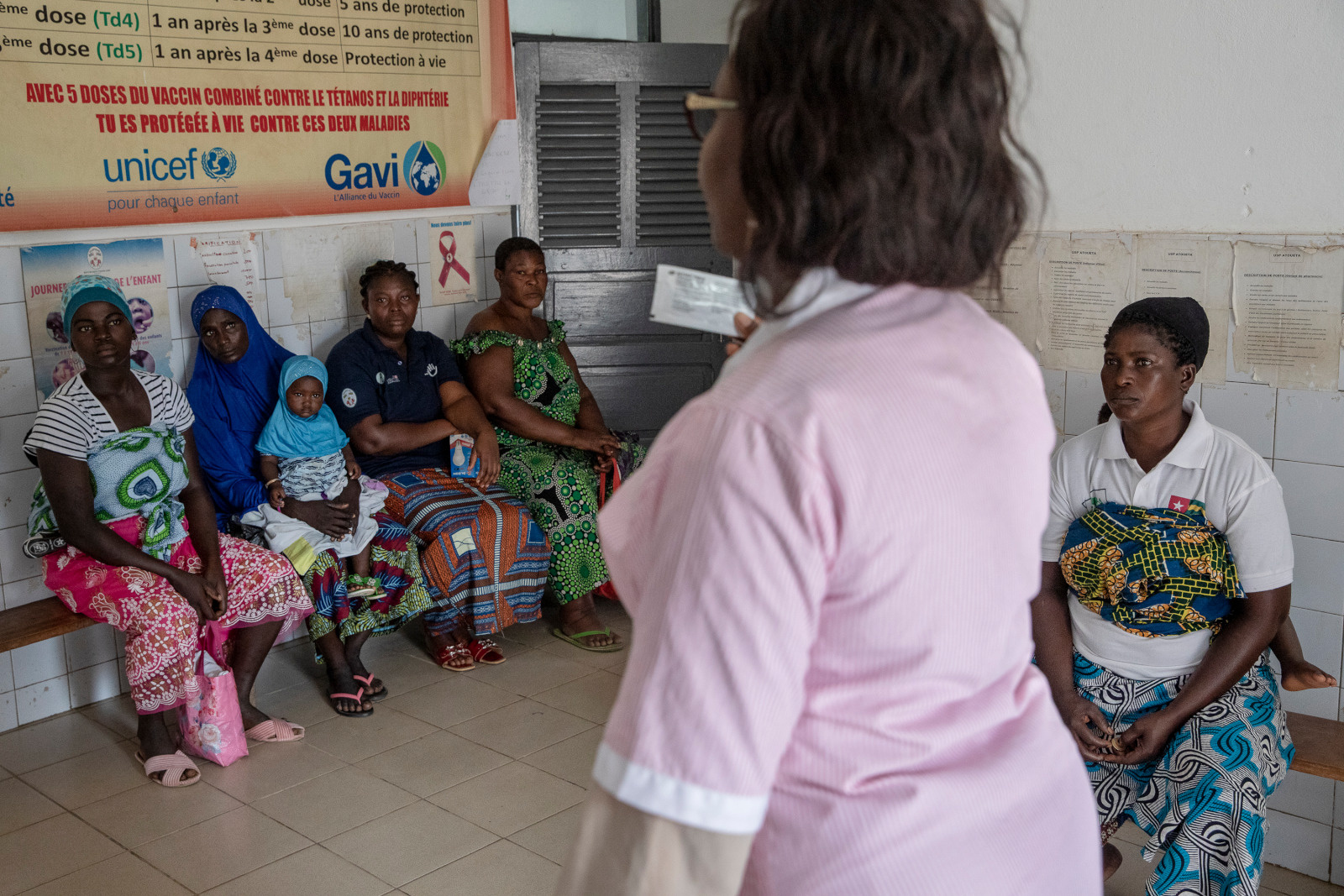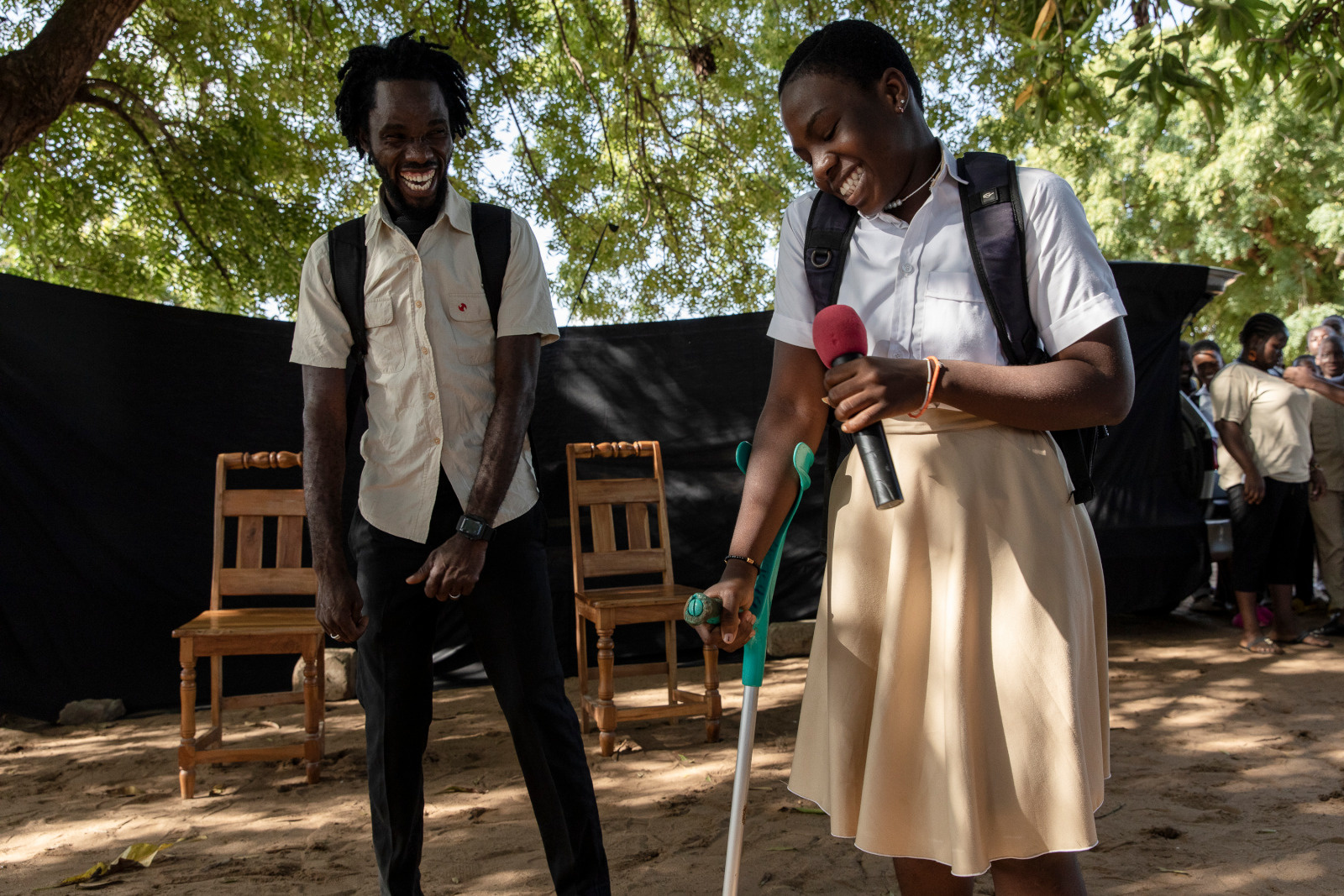In West Africa, every day, around 460 women and girls die as a result of pregnancy or childbirth complications and nearly 9,000 suffer sequelae, sometimes for life (West African Health Organization, 2016).
Teen pregnancy remains one of the major contributors to maternal and child mortality and contributes to the cycle of poor health and poverty (WHO, 2014). This situation can be improved by focusing on access to contraception, which allows women to take control of their sexual and reproductive health and maintain their overall health.
Hundreds of girls give birth each year before the age of 20, putting their health at risk with social consequences such as dropping out of school and stigma.


